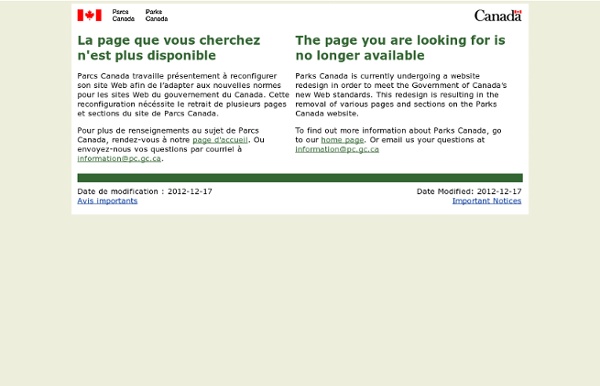



Nouvelle-France 1645 à aujourd'hui Parcs Canada travaille présentement à reconfigurer son site Web afin de l’adapter aux nouvelles normes pour les sites Web du gouvernement du Canada. Cette reconfiguration nécéssite le retrait de plusieurs pages et sections du site de Parcs Canada. Une partie du contenu éducatif est maintenant disponible à partir de la page Apprendre et découvrir. Pour plus de renseignements au sujet de Parcs Canada, rendez-vous à notre page d'accueil. premiers ministres William Lyon Mackenzie King, prime minister of Canada 1921–26, 1926–30 and 1935–48 (born 17 December 1874 in Berlin [Kitchener], ON; died 22 July 1950 in Kingsmere, QC [near Ottawa, ON]). William Lyon Mackenzie King, prime minister of Canada 1921–26, 1926–30 and 1935–48 (born 17 December 1874 in Berlin [Kitchener], ON; died 22 July 1950 in Kingsmere, QC [near Ottawa, ON]). Leader of the Liberal Party 1919-48, and prime minister for almost 22 of those years, King was the dominant political figure in an era of major changes. Early Career in Labour and Industrial Relations King, the grandson of William Lyon Mackenzie, graduated from the University of Toronto in 1895 and studied economics at Chicago and Harvard. King was defeated in the 1911 federal election and the 1917 conscription election. Prime Minister At the 1919 Liberal convention King was appointed Laurier's successor. The Great Depression The Second World War The Liberals narrowly won the 1945 election. Controversy and Legacy
le droit de vote Is our democracy in crisis? If a healthy democracy depends on the active participation of its voters, then the answer may be yes. In 2006 less than 65% of all eligible voters cast votes in the federal election. Two years earlier only 38.7% of young citizens voted in the federal election. Unit I of this web site, Getting the Vote, focuses on the issue of youth voting in Canada and tries to provide an historical explanation for the importance of voting. It raises serious questions about the future of democracy in which young people are not participating in such a basic democratic activity as voting. Unit II, Governance in Canada, examines the political process after the ballots have been counted.